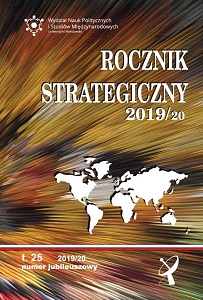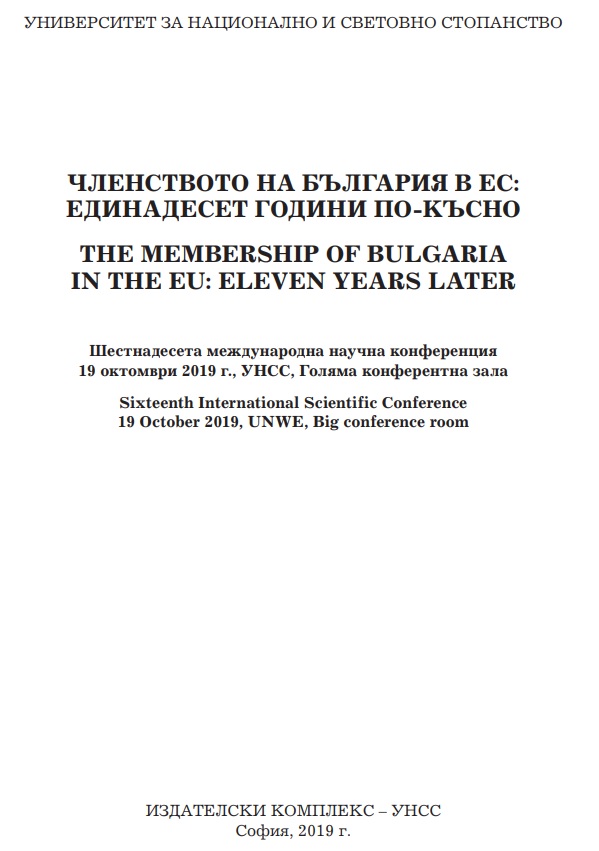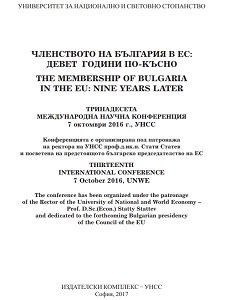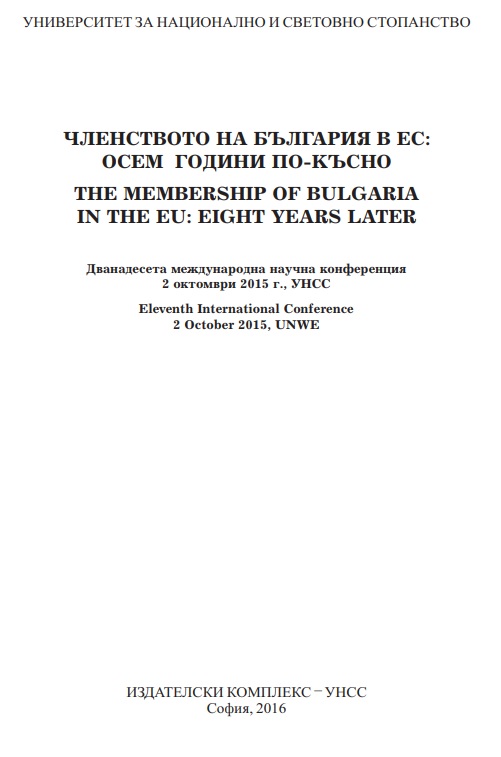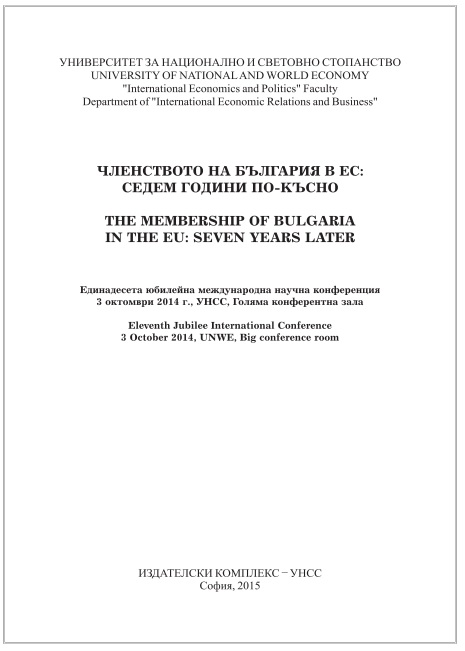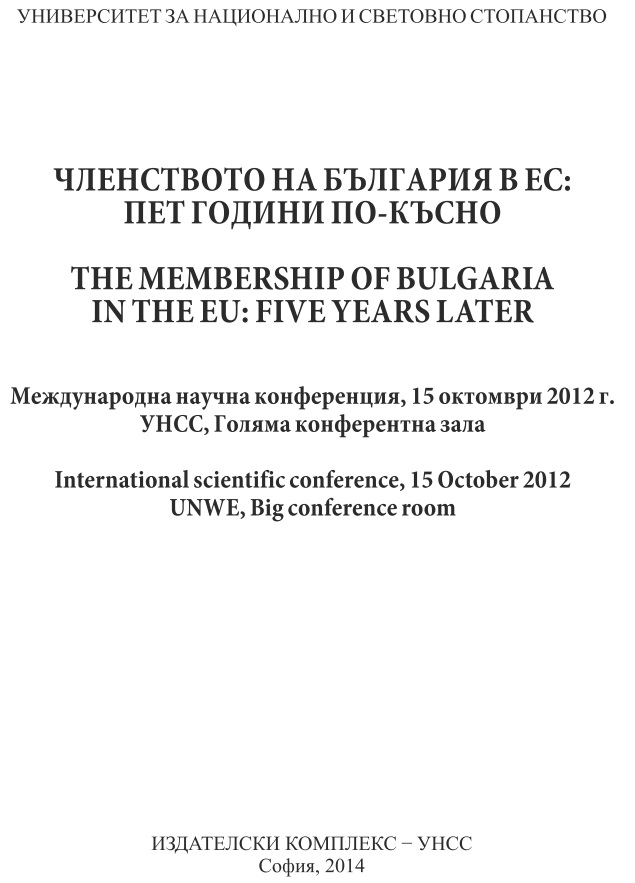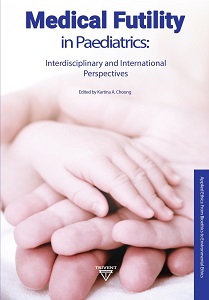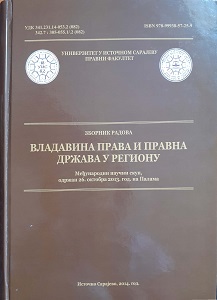
Преображаји правне државе и владавине права
The static picture of the rule of law, which almost always imposes itself as the main one, we shall try to depict in its live flow, which is some-how or other put aside. And that flow is of such kind that it shows continual conceptual and practical transformation of the rule of law. Let us mention but a few examples of that transformation over the past two centuries: liberal rule of law, socialist rule of law, cultural rule of law, welfare state, neo-liberal rule of law, supranational rule of law, international rule of law, all the way up to a possible world rule of law, which are announced together with the establishment of the transhuman society with one and the same rule of law. It may look like the circle is closing. And it took only a little over two centuries of practicing those ideas in the most developed countries around the world.It is obvious that the rule of law is a fragile creation. It is exactly byway of that fact that it is rendered possible to explain its accelerated two-century long transformation which can result in its likewise accelerated disruption and revoke. Today, the rule of law is increasingly more distant from the values and needs of daily human life, despite the privileged nominal and normative treatment. This is done with the intention of creating a transhuman, i.e. a dehumanised society and the law. In such society people exist for the purpose of technocratically built law, and not the law for the people.
More...
